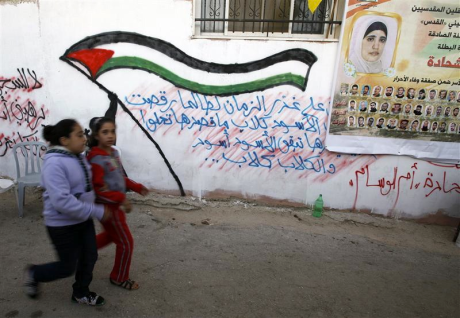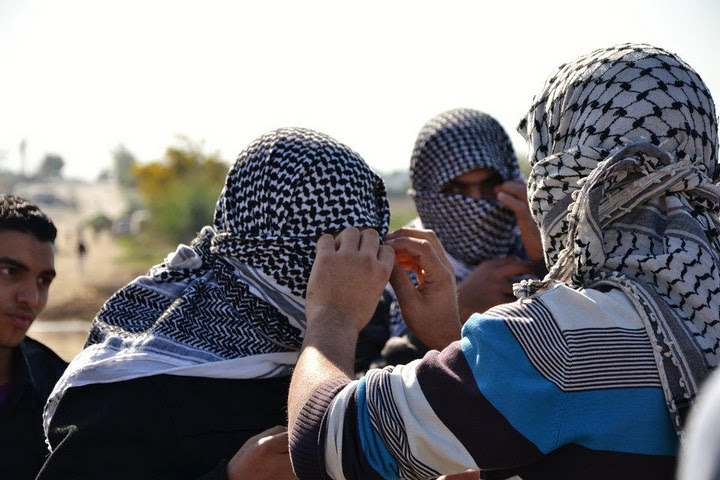Tag: Blockade
-
Nedal, 14 years old, collected metal to support his family – they shot him from behind
by Rosa Schiano 13 December 2011 | il blog di Oliva This morning at the Eretz border in Beit Hanoun, Israeli soldiers shot a 14-year-old boy, Nedal Khaleel Hamdan. We went to the hospital to meet him. We found him sitting on the bed with his left shoulder bandaged, surrounded by his family. Nedal was collecting…
-
New report documents children under fire in Gaza
13 December 2011 | AlertNet Twenty-eight cases of children being shot at by the border fence between Israel and the Gaza strip whilst gathering building materials like gravel, or working by the fence, have been documented by Defence for Children International in their latest report ‘Children of Gravel’. The shootings reportedly took place between March…
-
Commemorating the anniversary of the First Intifada in the no go zone
by Nathan Stuckey 6 December 2011 | International Solidarity Movement, Gaza Twenty four years ago, on December 9, 2011 a revolution began. The revolution began in Gaza, it was the First Intifada. After twenty years of Israeli occupation Palestinian resistance exploded in full force. Boycotts, demonstrations, tax refusal, all of these were the strategies of…



